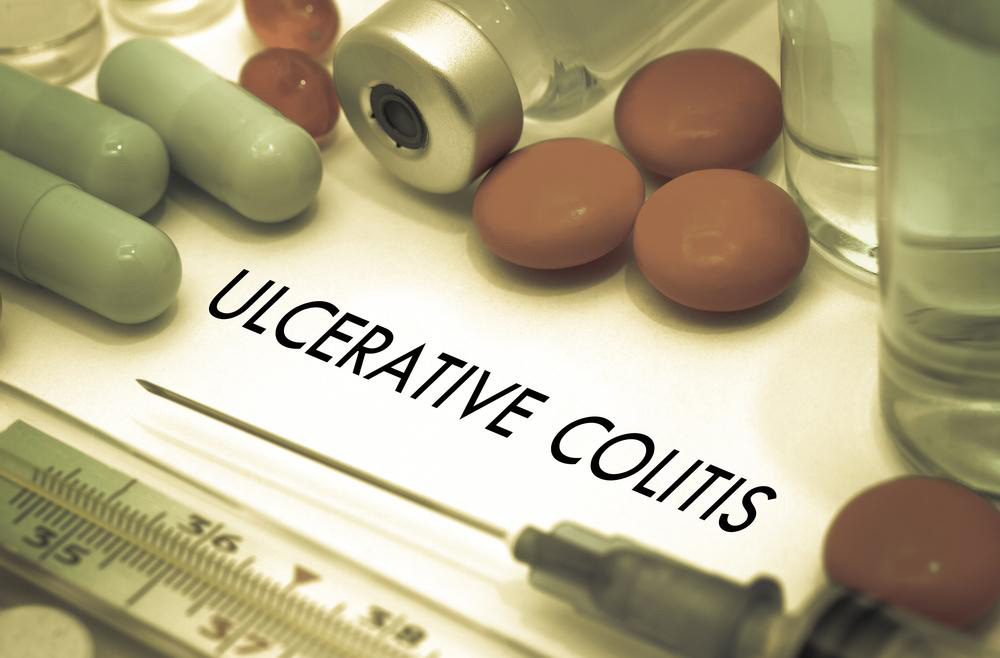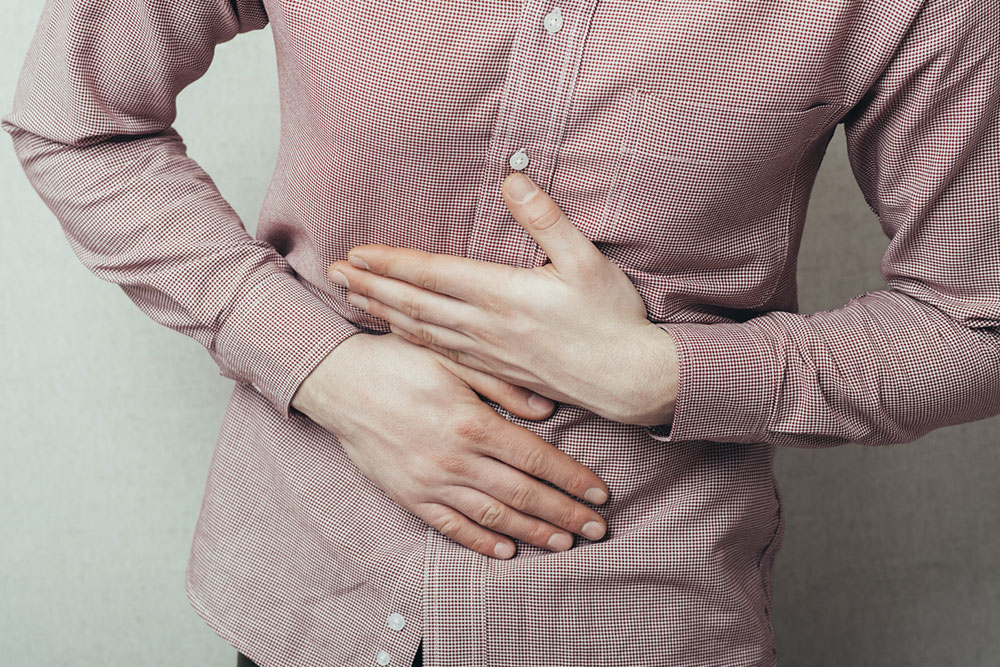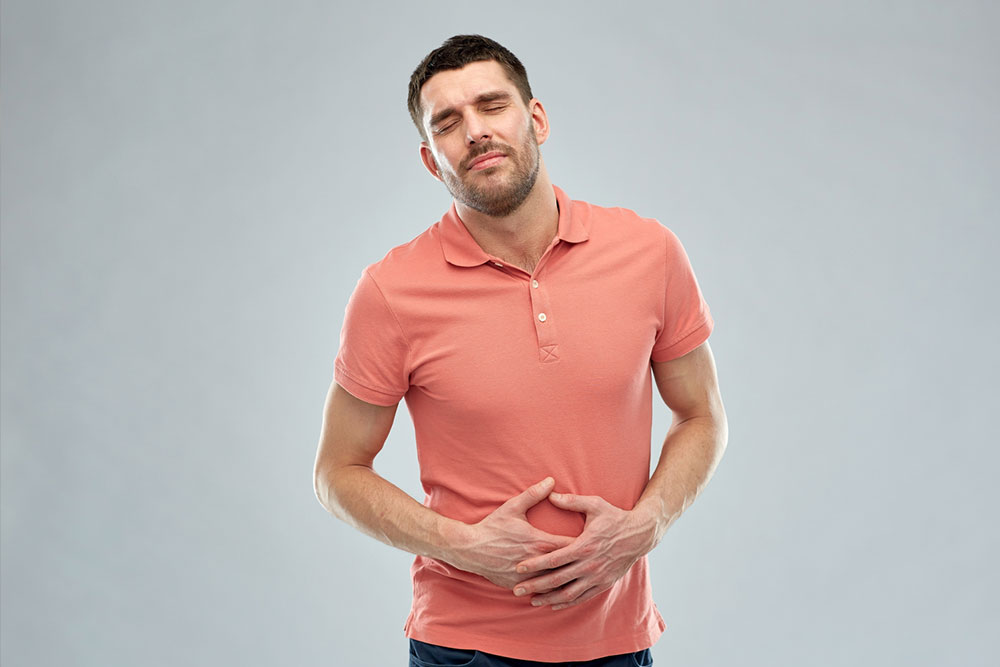An overview for the treatment of Ulcerative Colitis
Ulcerative colitis is a disease of the large intestine where the lining of the colon is inflamed and developed with sores or ulcers. To manage and cure this condition, you may have to take some medication along with a proper diet. In some cases, the symptoms are so severe that only a proper diet for colitis does not help and it needs more medicines or surgery to get it cured.

If children are suffering from colitis, then they may need to take nutritional supplements to restore their usual growth. However, in some cases, you might not need any treatment at all where the condition gets cured by itself.
Medicines that help to manage the condition
Doctors advise that you should keep taking medicines to keep the disease in remission. The medicines which these symptoms respond to are:
– Antidiarrheal medicines
– Enemas that consists of medicines
– Aminosalicylates, which release inflammation in the intestines and manage to keep the disease in remission
– Steroid medicines to control the active disease
The moderate to severe symptoms of colitis consists of inflammation. After inflammation is controlled, you may have to take aminosalicylates to keep the disease in remission.
While listing the primary treatments, colitis patients can undergo the following treatments too:
– Take immunomodulator medicines by consuming cyclosporine. These medicines are so strong that they suppress the immune system to avoid it from inflammation.
– Biologics block the response of inflammatory in your body and help in the reduction of colon inflammation. These are used when other medicines fail to control your symptoms.
– Cure through surgery and removal of the large intestine. But this is the last option as surgery may not always cure all problems related to the diseases. Surgery is usually done to treat problems, which include bleeding or toxic megacolon.
Treatment for colitis done in hospitals
Sometimes when there are severe symptoms observed in ulcerative colitis, then one needs to be treated in the hospital. You may be having symptoms such as fever or anemia, which is outside the digestive tract. Also, when you have lost electrolytes because of severe diarrhea, your body will be replenished with fluids to make for the loss of electrolytes.
After you are done with the treatment in the hospital or after your disease has been put into remission with the help of medicines, you still have to keep visiting your doctor. Your doctor would advise you to see him for regular follow-up visits at least every six months, even if your condition is stable.
Some people are so familiar with the condition of colitis that they can handle the minor flare-ups of the disease on their own. In some cases, when you are unable to handle the issue you should call up your doctor and he might treat you over the phone to solve minor problems.
Ulcerative colitis, when less-severe, can be managed with a few medications and an appropriate diet. However, when chronic, it may require extensive hospitalization that may include a surgery as well.




